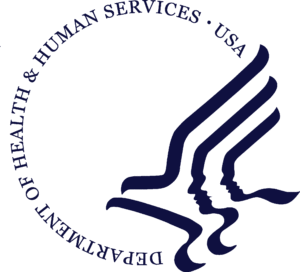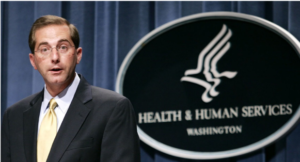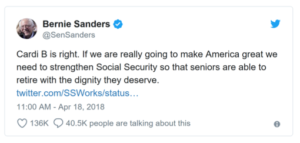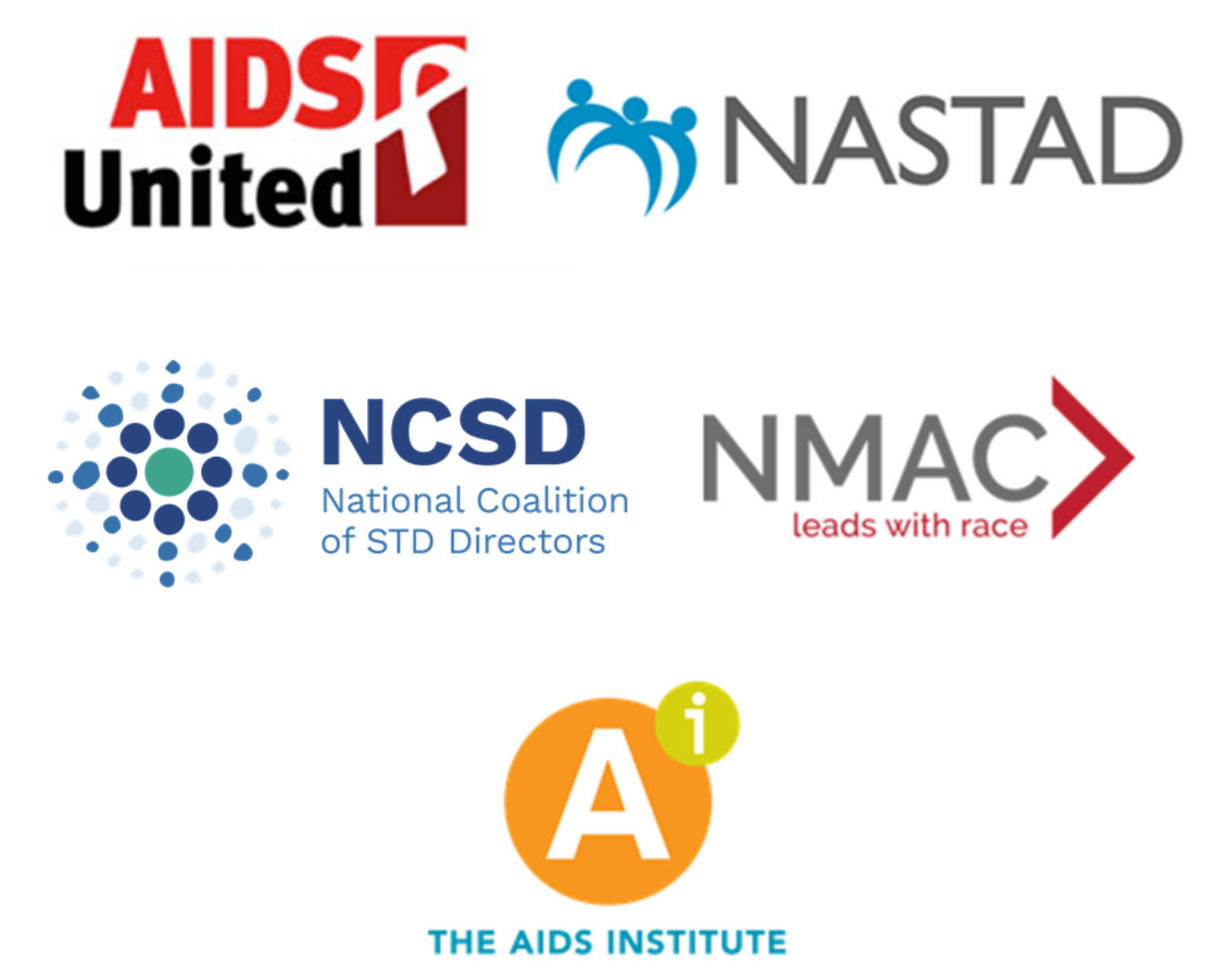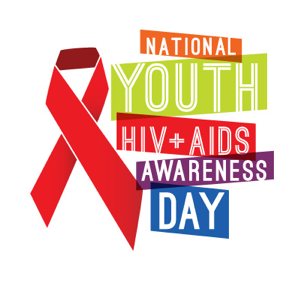For Immediate Release
Contact: Chip Lewis, 202.853.1846, clewis@nmac.org
DESPITE PROGRESS IN NATIONAL HIV/AIDS STRATEGY PROGRESS REPORT, MUCH WORK STILL TO BE DONE
June 11, 2018 – The 2017 Progress Report on the National HIV/AIDS Strategy (link) shows that progress is being made in some areas, but much work still needs to be done in other areas to not only reach the strategy’s goals for 2020 but to prevent any loss of progress made.
While NMAC applauds the fact that progress targets were met to reduce HIV diagnosis disparities among Black women and increase viral suppression among youth and transgender women, it is disappointing to see that the strategy failed to reach its targets for reducing HIV diagnosis disparities among young, black gay and bisexual men and among people in the southern United States.
“The latest NHAS progress report shows that we still have a tremendous amount of work ahead of us,” said Paul Kawata, NMAC’s Executive Director. “The fact that we failed to reach our targets in the southern United States, currently the epicenter of the HIV epidemic, is particularly discouraging. And the fact that we continue to lose ground in HIV diagnosis for young, Black gay and bisexual men is crushing. Young, Black gay and bisexual men now have a 50 percent chance of becoming HIV-positive during their lives. Meeting our goals with these communities will help us achieve our goal of ending the epidemic and end needless suffering.”
NMAC leads with race to urgently fight for health equity and racial justice to end the HIV epidemic in America. Since 1987, NMAC has advanced our mission through a variety of programs and services, including: a public policy education program, national and regional training conferences, a treatment and research program, numerous electronic and print materials, and a website: www.nmac.org. NMAC also serves as an association of AIDS service organizations, providing valuable information to community-based organizations, hospitals, clinics, and other groups assisting individuals and families affected by the HIV epidemic.
###

 Join NMAC for our next Community Spotlight webinar on June 20, when we will look at HIV among Transgender Americans. Our presenter will be Luis Gutierrez-Mock, TRIUMPH Project Director at the Center of Excellence for Transgender Health.
Join NMAC for our next Community Spotlight webinar on June 20, when we will look at HIV among Transgender Americans. Our presenter will be Luis Gutierrez-Mock, TRIUMPH Project Director at the Center of Excellence for Transgender Health.  NMAC‘s Capacity Building Division will present A Novel Demonstration of HIV Navigation Evaluation webinar Wednesday, June 13, from 1:00 PM – 2:00 PM EDT.
NMAC‘s Capacity Building Division will present A Novel Demonstration of HIV Navigation Evaluation webinar Wednesday, June 13, from 1:00 PM – 2:00 PM EDT. June 5 is HIV Long-Term Survivors Day, a time to celebrate and honor long-term survivors of the epidemic and raise awareness of their needs, issues, and journeys.
June 5 is HIV Long-Term Survivors Day, a time to celebrate and honor long-term survivors of the epidemic and raise awareness of their needs, issues, and journeys.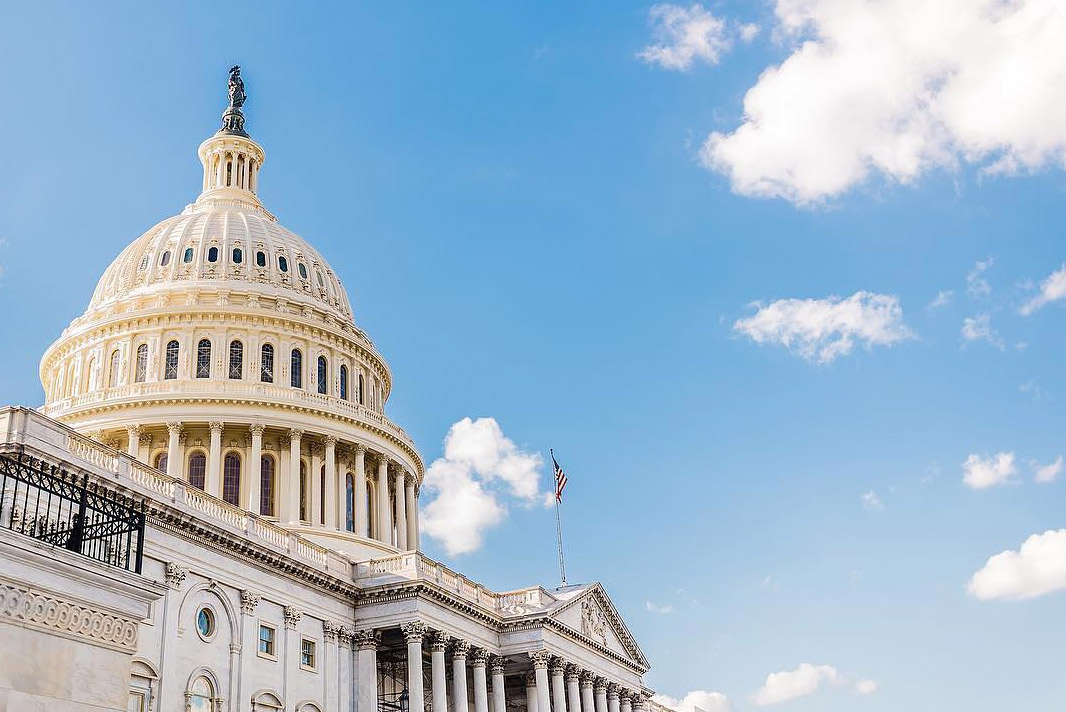
 Diane Ferguson joins us as Development Associate. She worked at AARP as a Library Assistant/Research Information Specialist for 16 years. She also worked at AARP as the Executive Secretary for The Center to Champion Nursing in America for two years and as a Project Specialist in the Public Policy Institute for six years. After 24 years she left AARP and became a partner in Ferguson Property Care/Ferguson Auto Detailing. Missing the corporate environment, Diane returned to work as an Administrative Assistant at the National Quality Forum.
Diane Ferguson joins us as Development Associate. She worked at AARP as a Library Assistant/Research Information Specialist for 16 years. She also worked at AARP as the Executive Secretary for The Center to Champion Nursing in America for two years and as a Project Specialist in the Public Policy Institute for six years. After 24 years she left AARP and became a partner in Ferguson Property Care/Ferguson Auto Detailing. Missing the corporate environment, Diane returned to work as an Administrative Assistant at the National Quality Forum. the organization Trans-Miami during her time as an expert consult member of the Miami Enhanced Comprehensive HIV Prevention Plan for the National HIV/AIDS Strategy and 12-Cities Project, and continued the work of her organization, the National Alliance of Transgender Advocates and Leaders (NATAL). Ms. Lester has been recognized with many awards, featured in numerous national articles, and was inducted into the most recent national Trans100 list.
the organization Trans-Miami during her time as an expert consult member of the Miami Enhanced Comprehensive HIV Prevention Plan for the National HIV/AIDS Strategy and 12-Cities Project, and continued the work of her organization, the National Alliance of Transgender Advocates and Leaders (NATAL). Ms. Lester has been recognized with many awards, featured in numerous national articles, and was inducted into the most recent national Trans100 list.